NEWS-DOCS: What Words Alone Can’t Say
Online technology, despite its many advantages and advancements, now faces a formidable challenge. How do we safeguard our emotional and psychological wellbeing? This is the third in a series of stories and interviews by Newsreel Asia journalist Surabhi Singh, looking into how social media platforms and messaging apps have increasingly become hubs for the circulation of harmful and illegal sexual content. Now, joining these digital spaces are AI platforms, adding a new and deeply complex layer of concern.
What’s really happening to young minds on the internet?
In this powerful conversation, Newsreel Asia’s journalist Surabhi Singh speaks with Nirali Bhatia, a leading cyberpsychologist and counselling expert, about the dark side of India’s online world — where young boys are getting exposed to extreme sexual content, misogyny, and even fantasies involving their own mothers and sisters.
Will the centuries-old tradition of the Kumari — Nepal’s living goddess — ever reform with time?
Harshita Rathore explores the deeply rooted practice of Kumari Pratha, where a prepubescent girl from the Newar community is worshipped as the living embodiment of Goddess Taleju. Chosen for her purity and perfection, the Kumari is revered as divine until she begins to menstruate — a moment that abruptly ends her sacred status.
Through history, the practice has stood as a symbol of faith and culture, yet it also raises pressing questions about gender, childhood, and the right to live with dignity. The Nepal Supreme Court’s 2008 ruling brought some reforms — including access to education and healthcare — but is that enough?
To understand the path forward, Harshita speaks with activist Radha Paudel, who has been advocating for dignified menstruation and gender equality in Nepal. Paudel argues that while traditions must be respected, they should also adapt to protect the rights of girls and women. She suggested some reforms to the practice. But will faith allow tradition to evolve?
To find out whether the floods that Assam faces every year are natural or man-made, Newsreel Asia producer Tej Bahadur Singh travels to Lakhimpur district, one of the worst-hit by floods. He meets a 47-year-old Toramai Pawe, an ASHA worker and daily wage laborer, in Assam’s Pahumara Ahom village, who has lived for decades, raising her children in a modest home built through years of toil. In May 2025, a sudden flood, triggered by water released without warning from the Ranganadi Dam, swept through her village. Her husband, Biren, drowned just steps from their home, leaving Toramai in grief and despair. Their crops, belongings, and vital documents were washed away, joining the losses of countless others in their community. Across Assam, floods this year have affected 6.3 lakh people in 22 districts, claiming 26 lives and damaging 12,610 hectares of cropland.
To find out whether the floods that Assam faces every year are natural or man-made, Newsreel Asia producer Tej Bahadur Singh travels to Lakhimpur district, one of the worst-hit by floods. He meets a 47-year-old Toramai Pawe, an ASHA worker and daily wage laborer, in Assam’s Pahumara Ahom village, who has lived for decades, raising her children in a modest home built through years of toil. In May 2025, a sudden flood, triggered by water released without warning from the Ranganadi Dam, swept through her village. Her husband, Biren, drowned just steps from their home, leaving Toramai in grief and despair. Their crops, belongings, and vital documents were washed away, joining the losses of countless others in their community. Across Assam, floods this year have affected 6.3 lakh people in 22 districts, claiming 26 lives and damaging 12,610 hectares of cropland. For decades, Assam’s floodplains have been both a source of life and loss, with an average of 2.6 million people impacted annually. Districts like Lakhimpur and Dhemaji, downstream of the Ranganadi Dam, face devastating flash floods caused by sudden water releases from NEEPCO’s hydroelectric projects. These man-made disasters, compounded by a lack of early warnings and inadequate research, have turned fertile lands into zones of destruction. Families like Toramai’s lose not only their homes and livelihoods but also their sense of security. As infrastructure controls rivers without regard for communities, the floods in Assam reveal a deeper crisis—one where nature’s cycles are worsened by human hands, leaving millions to rebuild from nothing.
Nepal has been making global headlines after a mass youth uprising forced Prime Minister K.P. Sharma Oli to resign, paving the way for an interim government led by former Chief Justice Sushila Karki. Triggered by a controversial social media ban, the protests quickly grew into a movement against corruption, nepotism and authoritarianism. Nineteen Gen Z protesters were killed in police firing on September 8, sparking nationwide grief and anger, but also a surge of hope for change. For the first time, Nepal has appointed a woman as interim prime minister, and a cabinet of non-partisan professionals is attempting to steer the country toward elections in March 2026.
Political thinkers, activist and youth groups like Hami Nepal are now shaping the idea of a “new” Nepal through citizen assemblies, proposals for decentralised governance and calls for institutional reform. Newsreel Asia’s Harshita Rathore spoke with Prashant Singh, a social activist from Nagarik Pratham, to understand what this moment means for Nepal’s political evolution, the grassroots nature of the movement, and the new political imagination young Nepalis are bringing to the table.
Suleman Ali lived his entire life in Hasila Beel, a village in Assam’s Goalpara district. He built his home brick by brick over years of labor, married off his daughters there, and believed his documents proved he belonged. But one morning in June 2025, bulldozers reduced it all to rubble.
Was Nepal’s PM K.P. Oli scared of Gen Z and the emerging young political leaders? In the guise of “regulating” apps, was his real aim to tighten control over the content being posted against him and his government?
When his administration banned 26 social media platforms overnight, it triggered one of the biggest youth uprisings Nepal has ever seen. What began as anger over losing WhatsApp, Instagram, and even LinkedIn quickly turned into a fight against corruption, unemployment, and years of failed governance. This wasn’t just a protest — it was a generational roar demanding change.
Sikkim, despite being rich in rivers, is facing a severe water crisis. In South Sikkim, where rainfall has dropped sharply, villagers like Durga have stepped in to fill the gaps left by failing systems. Once a farmer, he now works as an unpaid “barefoot engineer,” keeping water flowing when infrastructure cannot. This is the untold story of survival in the hills.
Despite Warnings by environment experts, development projects like dams are turning out to be deadly. Destroying mountains, flooded rivers, The flash floods, cloudburst are not just natural, they are man made disasters. Newsreel Asia’s producer Surabhi Singh travelled to Northeastern state of Sikkim to explore how a dam aggravated the flash floods of October 2023.
How two Muslim minority women sisters faced unfair treatment by Karnataka Police. Behind Bengaluru's giant tech offices lies a darker truth of the crimes against minorities of the state. The two Muslim women, both single mothers, now fight for survival every day. What began as a dispute with their landlady turned into a cascade of abuse, threats, and systemic neglect. Their journey — from reporting chemical attacks and violent assaults to being ignored by the very institutions sworn to protect them — reveals not just personal trauma, but a persistent crisis: the failure of India’s democracy to safeguard its minorities.
Their case is not an exception but a pattern. Karnataka’s conviction rate under the IPC in 2022 stood at 23.9%, well below the national average. Between 2020 and 2023, the state dropped 385 criminal prosecutions, including 182 tied to hate speech, cow vigilantism, and communal violence.
Their story asks a difficult question: in a democracy that promises equal justice, why are minorities still forced to beg for protection?
Narsisus was addicted for 27 years and survived multiple suicide attempts. Today, he runs a modest community rehab centre. With no frills, only a few beds, basic meals and peer support, it offers a fragile but vital lifeline for those who walk through its doors. His journey, from the darkest moments to helping others avoid the same brink, unfolds in a state battling one of India’s deadliest mental health crises: Sikkim.
To investigate if your 9-5 corporate job has labour laws for your safety and well-being, Newsreel Asia producer Jyoti Jangra travels to India’s Silicon Valley—Bengaluru—to find out a quiet crisis unfolding inside corporate cubicles: the crumbling mental health and legal protections of India’s white-collar workforce.
What do India’s persecuted communities go through behind closed doors? What happens when you sit across a dinner table and truly listen? Over the course of 9 powerful episodes, The Dinner Table, a docu-series by Newsreel Asia, brings together stories from communities who have long been silenced, sidelined, or targeted — simply for their identity, faith, or beliefs.
Newsreel Asia producer Jyoti Jangra takes us across India – from ghost villages in Uttarakhand to flood-ravaged coasts of Odisha, conflict zones in Manipur and submerged hamlets in Himachal Pradesh – to uncover a silent, growing crisis: distress migration.
“Home Is Not a Place” is a documentary that began as a personal search. When Nepal-based Lhakpa Choedon, an art director and interdisciplinary creative, discovered that her grandmother had been kidnapped and forced into marriage, she began asking questions about her family’s past, about the women around her and about a tradition many would prefer to forget.
Newsreel Asia producer Surabhi Singh has travelled across parts of central India, reporting from remote tribal areas in Chhattisgarh and Odisha. In this video, she shares what she saw on the ground – the continuing struggle of Adivasi communities to protect their land, forest and natural resources.
Kavitha, a mother in Raichur district, doesn’t follow the nutrition charts or growth tracking numbers. What she understands is hunger. The rice from the public distribution shop lasts less than a week. On some nights, there’s nothing but water and silence. For families like hers, malnutrition isn’t just a report—it’s dinner time.
Neeta Oraon lives in Nazira, a small town in Assam’s Sibsagar district. At 27, she has already spent more than a decade working in a tea garden. Her dream of becoming a nurse gave way early to the demands of poverty, debt, and family survival. She now works long hours under the sun, earning 250 rupees a day while caring for her ailing mother. Like Neeta, thousands of women in Assam’s tea gardens remain trapped in cycles of generational hardship and unseen labour.
In Assam’s Morigaon district, Jamal Uddin, a madrasa teacher from Borbori, still carries the trauma of the 1983 Nellie massacre over alleged illegal immigrants. He lost his mother, brother and sister, who were among an estimated 2,000 to 3,000 people, mostly Bengali-speaking Muslims, who were killed in a matter of hours. The issue of illegal immigration from Bangladesh remains deeply contentious in the state’s politics and society. Successive governments have carried out actions in the name of anti-terror measures, targeting the minority Muslim community and fuelling widespread suspicion against it.
Mohanty Soren and Telenga Hasa, belonging to the Ho and Munda tribes, once lived in a region at the heart of the Simlipal Tiger Reserve in Odisha’s Mayurbhanj district. Just three years ago, their lives revolved around cultivation, surrounded by dense forest. Now, after being forced to vacate his land, Hasa lives 180 KM apart. Each time he returns to visit Soren in his former village, he is overcome with reflection and sorrow.
Among the tens of thousands of newspapers published in India, one stands truly unique — Balaknama (Children’s Chronicle). Curated by street children, the Delhi-based Balaknama brings powerful stories about underprivileged children and their surroundings in several cities across India. These children have lived the hardships they write about, giving their journalism rare authenticity and depth. Through Balaknama, they now have a platform to voice their issues and challenges.
Sadhu Sundar Singh, a Christian pastor in Odisha’s Balasore district, works with Adivasi communities to curb alcoholism, violence and unsafe drinking practices. However, because he also shares his Christian faith with them, he has received death threats. He insists that belief is a personal choice protected by the Constitution, but Hindu nationalist groups see tribal conversions as a threat to indigenous culture and a push toward a “Western” religion. The resulting tension has triggered violence and unrest.
West Bengal has grappled with a deep-rooted corruption crisis for decades—today, at the heart of it lies the School Service Commission (SSC) teachers’ recruitment scam, which has shattered the hopes of thousands of deserving candidates. In this investigative video, we uncover how teaching jobs were allegedly sold for lakhs of rupees, replacing merit with money in one of the state’s most crucial sectors — education.
After India’s Partition in 1947, Abha arrived with her mother and four daughters—seeking safety, but facing years of uncertainty. Binu and Lilly Roy, who lost their father in childhood and have no memory of their homeland, and Geeta, who was just one year old when she came to India and lost her mother a few years later, all ended up in Cooper’s Camp in West Bengal’s Nadia district. They are among the countless refugees from East Bengal, now Bangladesh, who fled their homes during Partition.
Sheela, a tribal activist from Devgadh Mahila Sangathan, Anandi Foundation, has dedicated her life to fighting for the rights of Adivasi and Dalit communities in Gujarat’s Dahod district. Her work has revealed a grim reality that contrasts sharply with the glowing narratives of Gujarat’s economic success. She takes Newsreel Asia into the heart of this crisis, introducing us to Anita Naik, a mother in Lawaria Village. Anita, like many others, struggles to keep her children alive. One of her children tragically passed away, while her three-year-old son, Rajesh, was born blind and with severe physical deformities—a devastating consequence of the silent malnutrition crisis in the state.
Ajaharuddin, a primary school teacher, witnessed his family's life take a devastating turn when his brother was allegedly attacked by workers affiliated with the Trinamool Congress (TMC) party, just a day before the 2023 Panchayat elections in West Bengal. The incident revealed the perilous state of democracy in their village.
Meghna Prakash, a poet and mental health therapist, shares her struggle with a mental health disorder. Recording episodes of her past experiences as she coped, she provides deeply personal insights into her condition. Borderline Personality Disorder (BPD) affects about seven in 1,000 individuals in India, with women being more commonly afflicted, according to estimates. Worldwide, BPD impacts around 1.4% of the adult population. Meghna's story shows the impact of one of the numerous mental health issues that are frequently misunderstood and neglected in India.
Amal, 27, is a migrant worker from West Bengal’s Purulia district who was forced to leave his village due to a lack of local job opportunities. The recent halt in funding for schemes like MGNREGA in this state has worsened his struggles, pushing him to migrate to different states in search of work. Leaving behind his wife and ailing mother, Amal’s story reflects the harsh realities faced by rural workers dealing with unemployment, migration and the collapse of social safety nets.
Umakant Naik, a resident of one of the many villages tucked away at the foothills of Sijimali Hills, is a firsthand victim of an ongoing tussle between local tribal villagers, a mining giant and the State. Known locally as Tijimali, the Sijimali Hills are home to nearly 50,000 residents, primarily from Scheduled Tribes and Scheduled Castes, whose lives are deeply connected to the region’s forest, water and land resources. The mountain streams provide drinking water, while timber and wood offer shelter and fuel. Agriculture and forest resources sustain their daily needs. The “Tij Raja,” a spiritual presence believed to dwell in the hills, serves as a cultural and spiritual anchor for the community. But this harmonious way of life is now at risk.

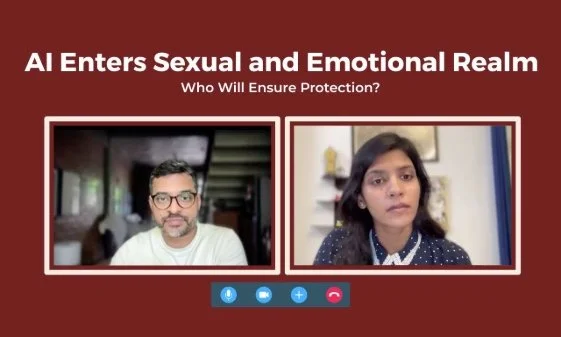
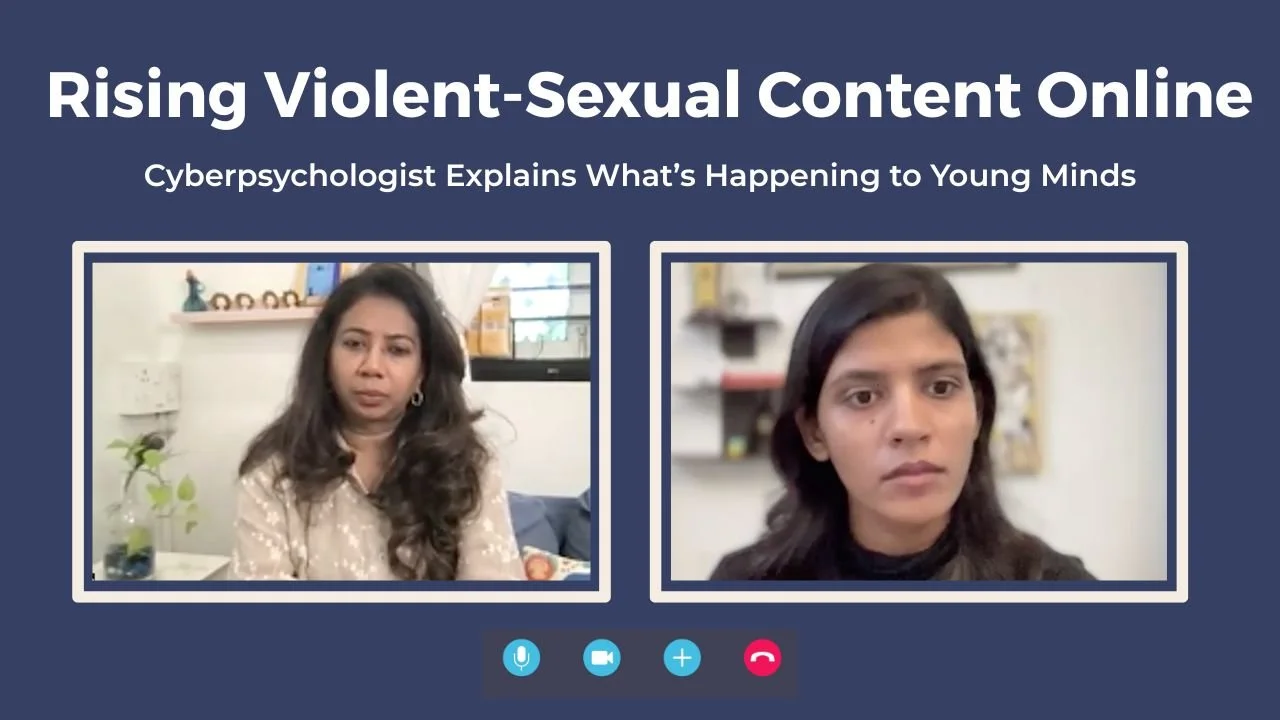


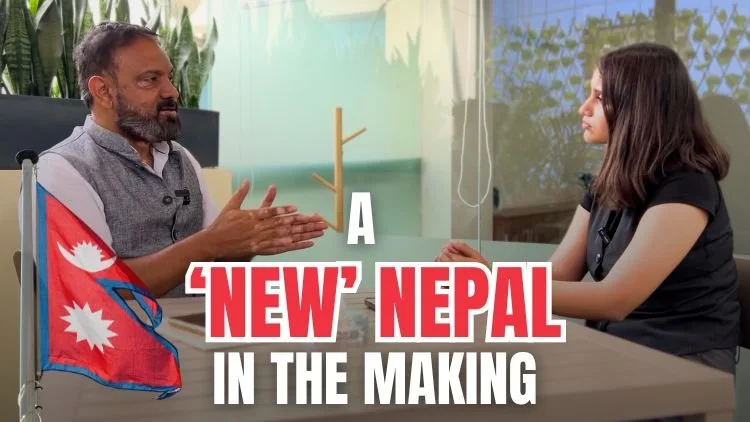


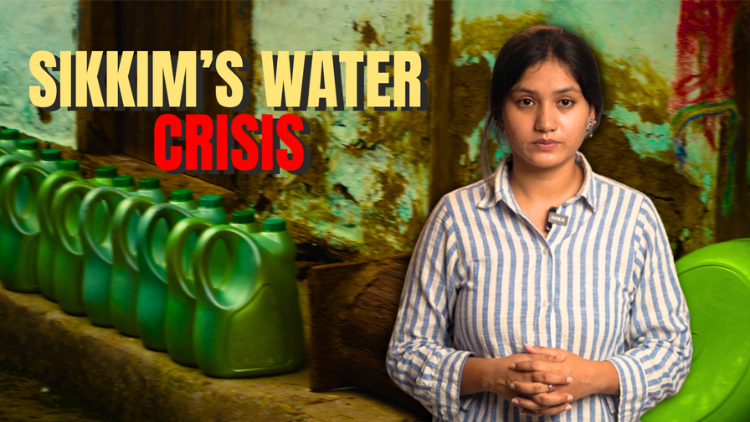







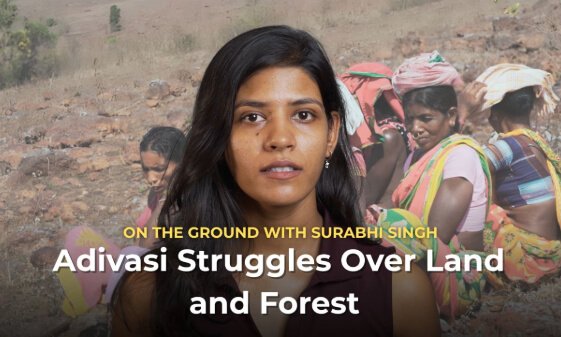








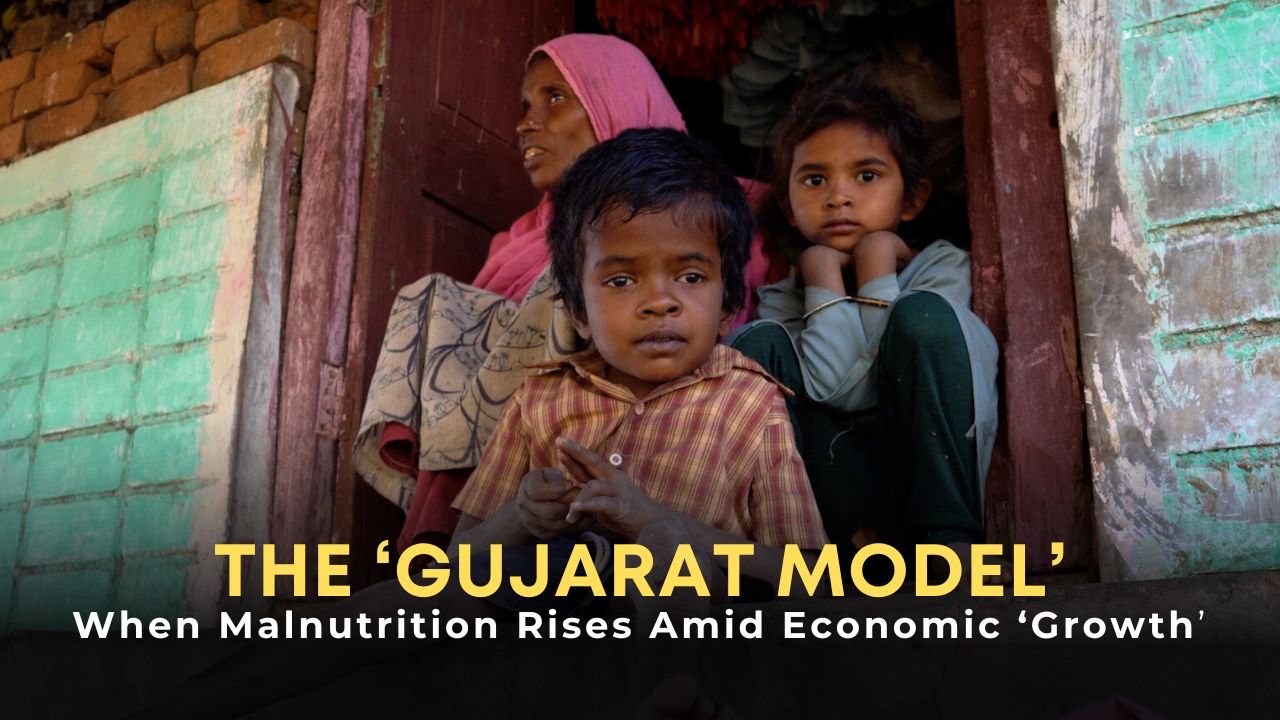

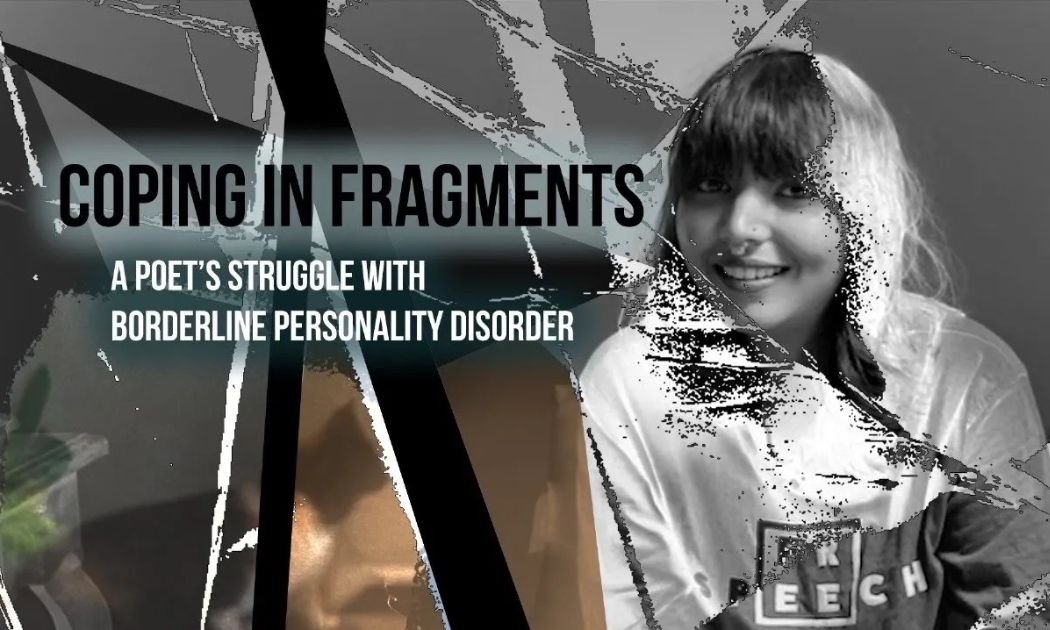
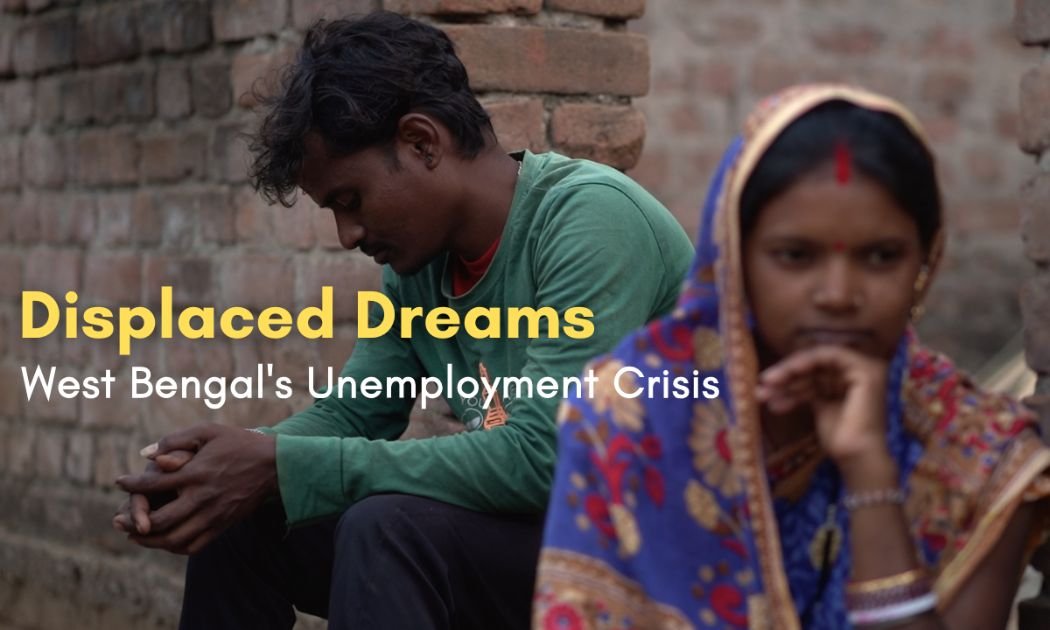
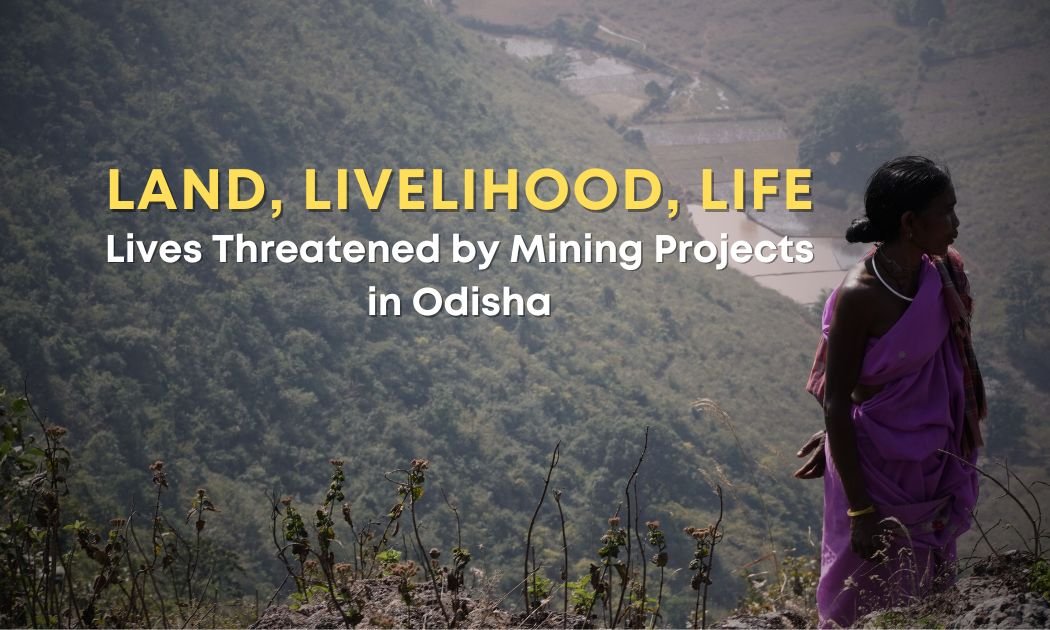
On February 15 last year, a deadly stampede took place at the New Delhi Railway Station. It was triggered by a sudden surge of passengers, fueled by delays to three trains, including a special train bound for the Maha Kumbh mela - projected as the world's biggest religious congregation - that was being held in Uttar Pradesh's Prayagraj. One year on, students of Jamia Milia Islamia University revisit the family of Pinki Devi, who was one of the 18 victims who lost their lives in the tragic incident. She left behind her husband and two children who are building their life from scratch. Through her story, we look at the bigger picture: no heads rolled by Railways yet, and nothing changed at NDLS even now. Her family claims that the cash compensation given immediately after the stampede to victims' families was to force the kins into silence. On January 7, 2026, during a hearing on a Public Interest Litigation filed by an organisation that argued the stampede exposed “gross mismanagement and administrative failure,” the Delhi High Court strongly criticised Indian Railways for not filing its response on the fatal 2025 New Delhi Railway Station stampede—even after one year.